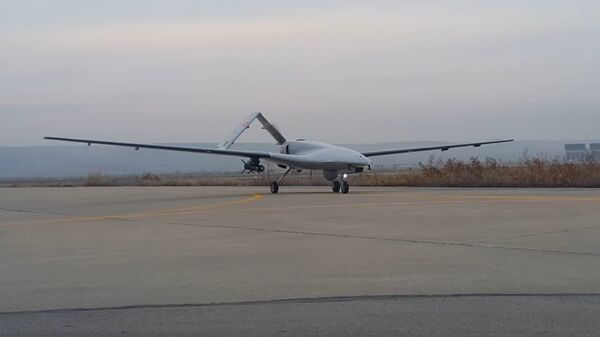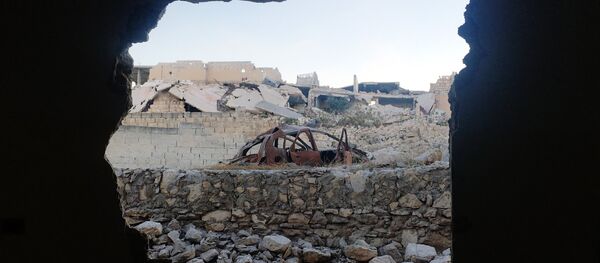The Turkish military is looking to procure nano drones and multicopter strike drones, two UAVs not currently featured in Ankara’s arsenal. A senior official told Defense News, "We need all types of drones in our fight against asymmetrical threats…Drones are and will be an effective asset in our anti-terror warfare."
Tukey’s defense concerns have been centered chiefly on fighting Daesh militants in Iraq, Turkey, and Syria, and a Kurdish insurgency that Ankara has been locked in bloody battle with for the past 30 years.
Locally, the SSM seeks to develop spare cruise systems, search and rescue systems, wide-band satellite communication systems, automatic take-off and landing systems, perceive-and-avoid systems, surveillance systems, electronic support pods, high-resolution cameras, electronic ground support systems and turboprop engines.
Ankara’s defense officials have felt the need to beef up their drone program, as mortar attacks from Daesh outposts have become more frequent near the southern cities that border Syria.
An armed drone called the Bayraktar was successfully tested in late April, striking a target in central Anatolia’s Konya test field from roughly 5 miles away and an altitude of 16,000 feet. The tactical drone has a 40-foot wingspan. State-controlled manufacturer Rokestan developed and produced the MAM-C and MAM-L, the two mini smart weapons deployed by the Bayraktar.



